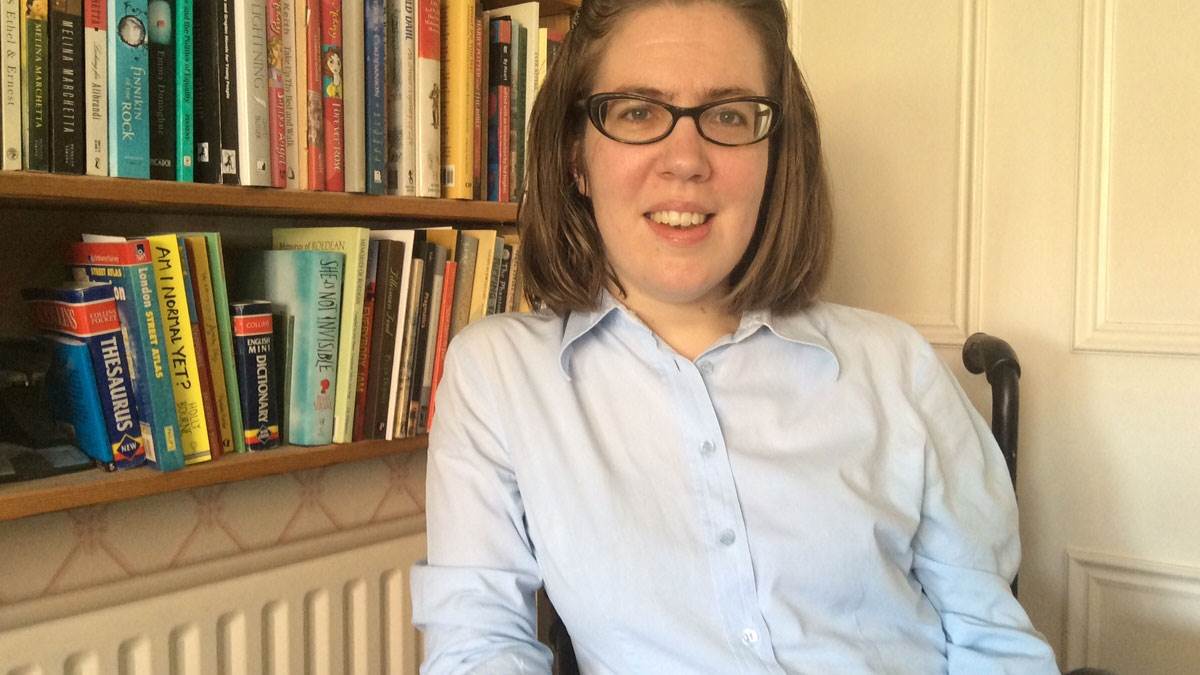Bookmark: books and disability
Information on disability and children's books
Find advice and book recommendations for families, teachers, librarians, authors and publishers.
Further thoughts on disability in books
A few recommendations
Interested in this topic and want to know more? Read an earlier blog with Dr Rebecca Butler.
Bookfinder
Find your next book
Use the Bookfinder to find the perfect book for you, your family and friends.




